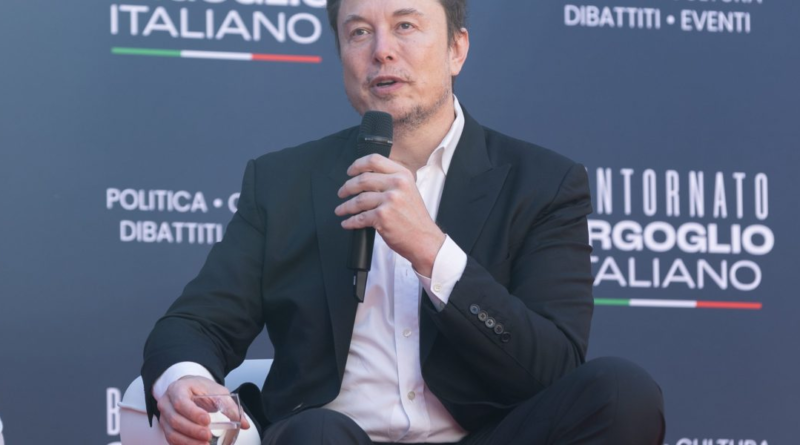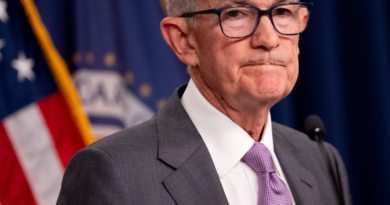Musk tells Cathie Wood he wouldn’t recommend companies go public 'unless they really have to'
Elon Musk is lashing out at the state of US financial markets.
In a wide-ranging talk with ARK Investment Management’s Cathie Wood Thursday, he bemoaned the high regulatory burden faced by publicly traded companies, the pressure from shareholders that limits efficiency, and how passive investing is stoking volatility.
The complaints add to a litany of grievances Musk has raised over the years about the tradeoffs of tapping public markets to build some of his many ventures. His disdain for the rigidity of US securities laws has sometimes led to trouble with regulators, including a high-profile fight with watchdogs over tweets about Tesla Inc. Musk is also the chief executive of SpaceX, one of the world’s most valuable closely held companies.
“There’s a lot of pressure, like immense pressure on a public company to not have a bad quarter. So this can actually result in a less efficient operation where you’re going to great lengths at the end of the quarter to not disappoint people,” Musk said in a Spaces discussion streamed live on the social-media platform X. The “time horizons do not match between investors versus a company’s long-term vision.”
Musk has tangled in the past with the Securities and Exchange Commission, which he dubbed the “Shortseller Enrichment Commission” in 2018. That year, the billionaire agreed to pay a $20 million fine to resolve the agency’s complaints about tweets suggesting he was taking Tesla private. As part of the deal, he agreed to clear future posts about his firm with an internal monitor, or “Twitter sitter.”
Musk later bought the social media platform, renaming it X. Earlier this month, he asked the US Supreme Court to consider invalidating that requirement, arguing it violates his free speech.
Musk said keeping SpaceX private has also allowed him to take more appropriate risk compared with Tesla. One benefit of taking Tesla public, however, has been the company’s access to capital, he said.
Still, Musk told Wood that he wouldn’t recommend that companies go public “unless they really have to.” Taking Twitter private has allowed him to make dramatic changes at the company without pressure from public investors. Twitter co-founder Jack Dorsey had long argued that the social media company struggled because of public investors, and encouraged Musk to take it private to help fix its business.
Wood and Musk also discussed how passive investing has punished stocks that are not in major indexes and unequally rewarded companies that are in key benchmarks. Their comments come as academic critics continue to lament that the passive-investing boom is distorting stock prices and causing extreme market moves.
While Musk praised Vanguard Group Inc. founder Jack Bogle for bringing passive-investing into mainstream finance, he said the money-management trend has “gone too far.”
“The percentage of the market that is passive is simply, is too great at this point. At the end of the day, somebody actually has to make an active decision. The passive investors are riding on the decisions of the active investors,” Musk said. “You get essentially massive movements of the stock, based on the decisions of maybe four or five active major stock pickers.”
Wood’s flagship ARK Innovation exchange-traded fund (ticker ARKK) is actively managed, and has almost zero overlap with the S&P 500, according to an analysis from Bloomberg Intelligence.Musk’s Tesla joined the US benchmark roughly three years ago but has lagged since joining.
Wood has long been a fan of Musk. Tesla is currently the second-largest holding in the ARK Innovation ETF.




